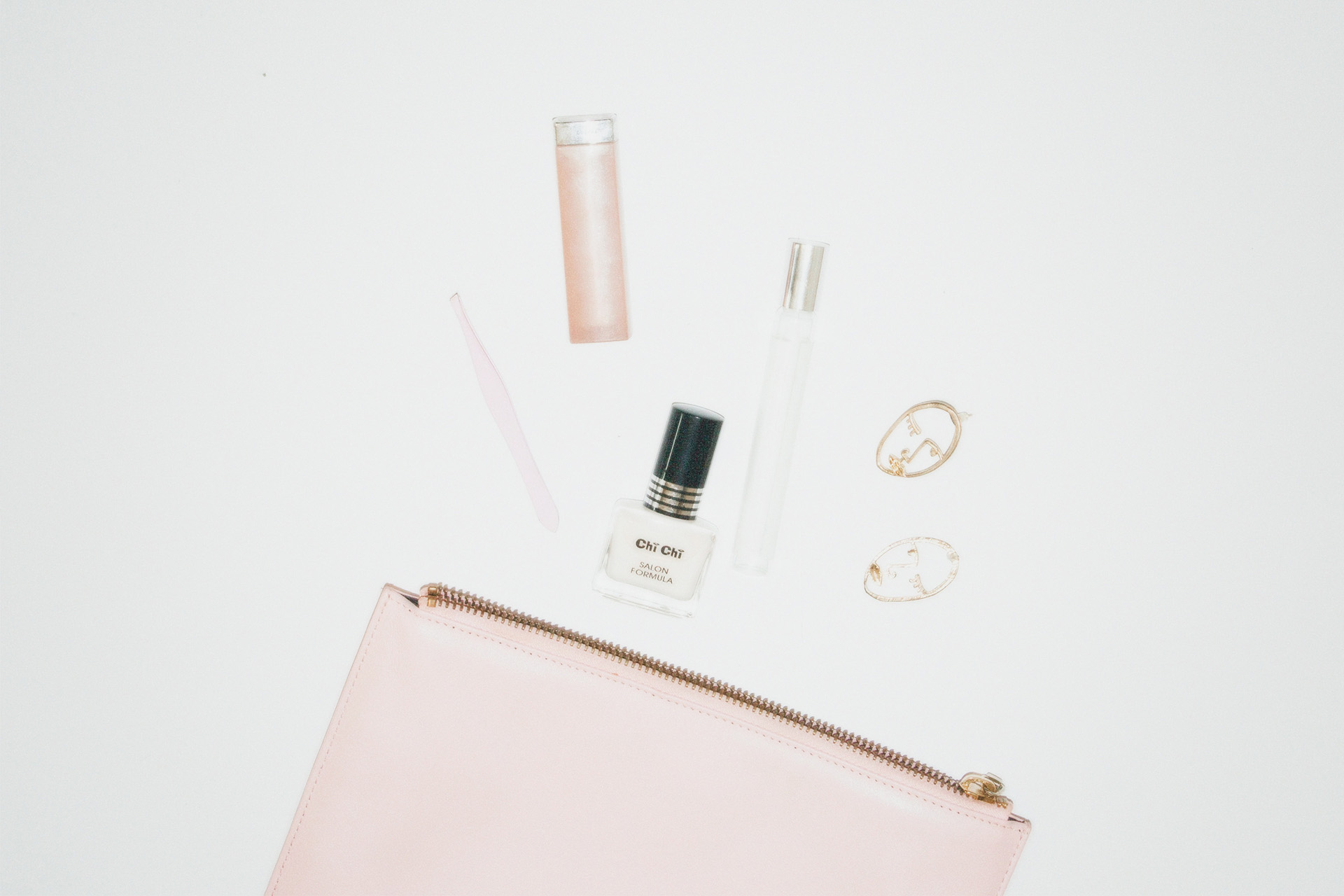Aging is a natural process that affects everyone, but the desire to maintain youthful, healthy skin has driven a continuous quest for effective anti-aging treatments. The skincare industry is constantly evolving, with new research and innovations offering promising solutions to combat the signs of aging. This comprehensive guide explores the latest research in anti-aging treatments, highlighting groundbreaking advancements and effective strategies to help you achieve radiant, youthful skin.
Understanding the Aging Process
Before delving into the latest anti-aging treatments, it’s essential to understand the aging process itself. Aging skin undergoes several changes, including reduced collagen production, loss of elasticity, and decreased cell turnover. These changes result in common signs of aging such as wrinkles, fine lines, sagging skin, and age spots. Factors such as genetics, environmental exposure, lifestyle choices, and skincare habits also influence the aging process.
Breakthroughs in Anti-Aging Treatments
Recent advancements in science and technology have led to innovative anti-aging treatments that offer more effective and lasting results. Here are some of the most exciting developments in the field:
1. Stem Cell Therapy
Stem cell therapy is at the forefront of anti-aging research. Stem cells have the unique ability to differentiate into various cell types, making them a powerful tool for skin regeneration. Research has shown that stem cell-based treatments can stimulate collagen production, improve skin elasticity, and accelerate healing. One promising approach involves using mesenchymal stem cells (MSCs) derived from adipose tissue or bone marrow to rejuvenate aging skin. These cells can be applied topically or injected into the skin to promote regeneration and reduce signs of aging.
2. Platelet-Rich Plasma (PRP) Therapy
Platelet-rich plasma (PRP) therapy, also known as the “vampire facial,” has gained popularity for its anti-aging benefits. PRP involves drawing a small amount of the patient’s blood, processing it to concentrate the platelets, and then injecting or applying the PRP to the skin. Platelets contain growth factors that stimulate collagen production and tissue regeneration. Studies have shown that PRP therapy can improve skin texture, reduce wrinkles, and enhance overall skin tone.
3. Peptides and Growth Factors
Peptides and growth factors are essential components in modern anti-aging skincare. Peptides are short chains of amino acids that act as building blocks for proteins like collagen and elastin. Topical application of peptide-rich products can stimulate collagen production, improve skin elasticity, and reduce the appearance of fine lines. Growth factors, on the other hand, are proteins that regulate cellular processes, including cell growth and division. Incorporating growth factors into skincare products can accelerate wound healing, promote cell turnover, and rejuvenate aging skin.
4. Retinoids and Retinol Alternatives
Retinoids, including retinol, are well-known for their anti-aging properties. These vitamin A derivatives promote cell turnover, increase collagen production, and reduce hyperpigmentation. However, retinoids can cause irritation and sensitivity, especially for those with sensitive skin. Recent research has focused on developing retinol alternatives, such as bakuchiol, a natural compound derived from the babchi plant. Bakuchiol offers similar anti-aging benefits to retinol but with fewer side effects, making it an excellent option for those with sensitive skin.
5. Antioxidants
Antioxidants play a crucial role in protecting the skin from oxidative stress caused by free radicals. Free radicals are unstable molecules that can damage collagen and elastin, leading to premature aging. Incorporating antioxidants like vitamin C, vitamin E, and ferulic acid into skincare routines can help neutralize free radicals, reduce inflammation, and improve skin radiance. Recent studies have also highlighted the benefits of newer antioxidants, such as resveratrol and astaxanthin, for their potent anti-aging effects.
6. Advanced Laser Treatments
Laser technology continues to advance, offering more precise and effective anti-aging treatments. Fractional laser resurfacing, for example, creates micro-injuries in the skin, stimulating collagen production and promoting skin renewal. Picosecond lasers, initially developed for tattoo removal, have shown promise in treating pigmentation issues and improving skin texture. Additionally, combination laser therapies that use different wavelengths to target multiple skin concerns simultaneously are becoming increasingly popular.
7. Radiofrequency and Microneedling
Radiofrequency (RF) and microneedling are two non-invasive treatments that have shown significant anti-aging benefits. RF uses electromagnetic waves to heat the deeper layers of the skin, stimulating collagen production and tightening the skin. Microneedling involves creating tiny punctures in the skin to promote collagen synthesis and enhance the absorption of topical treatments. Combining RF with microneedling, known as RF microneedling, offers synergistic effects, resulting in firmer, smoother skin with reduced wrinkles and scars.
8. Hyaluronic Acid Fillers
Hyaluronic acid (HA) fillers have become a staple in non-surgical anti-aging treatments. HA is a naturally occurring substance in the skin that retains moisture and adds volume. Injectable HA fillers can smooth out wrinkles, restore lost volume, and enhance facial contours. Recent advancements in filler technology have led to longer-lasting and more natural-looking results. Research is also exploring the use of bio-stimulating fillers that not only provide immediate volume but also stimulate collagen production over time.
9. DNA Repair Enzymes
DNA damage is a significant contributor to the aging process. UV radiation and environmental pollutants can cause DNA mutations, leading to cellular dysfunction and skin aging. DNA repair enzymes are emerging as a promising anti-aging treatment. These enzymes can recognize and repair damaged DNA, promoting skin health and reducing signs of aging. Skincare products containing DNA repair enzymes, such as photolyase and endonuclease, can help prevent and reverse UV-induced damage, maintaining youthful skin.
10. Exosome Therapy
Exosomes are tiny vesicles released by cells that facilitate intercellular communication. They contain growth factors, proteins, and genetic material that can influence cellular behavior. Exosome therapy involves applying or injecting exosomes to deliver these beneficial components to the skin. Research has shown that exosome therapy can enhance collagen production, accelerate wound healing, and improve skin texture. This cutting-edge treatment is gaining attention for its potential to rejuvenate aging skin and promote overall skin health.
Integrating Anti-Aging Treatments into Your Skincare Routine
With so many innovative anti-aging treatments available, it can be challenging to determine which ones are right for you. Here are some tips for integrating these treatments into your skincare routine:
1. Consult with a Skincare Professional
Before starting any new treatment, it’s essential to consult with a dermatologist or medical aesthetician. They can assess your skin type, concerns, and goals to recommend the most suitable treatments. Professional guidance ensures that you receive safe and effective results tailored to your needs.
2. Start with the Basics
Building a strong foundation with a consistent skincare routine is crucial. Cleanse, exfoliate, moisturize, and protect your skin daily. Incorporate anti-aging ingredients like retinoids, antioxidants, and peptides into your routine. Gradually introduce new treatments to avoid overwhelming your skin.
3. Customize Your Routine
Everyone’s skin is unique, so customize your routine to address your specific concerns. For example, if you have pigmentation issues, focus on treatments like laser therapy and antioxidants. If you’re concerned about wrinkles, consider retinoids, peptides, and HA fillers. Tailoring your routine ensures that you target your most pressing issues effectively.
4. Monitor Your Skin’s Response
Pay attention to how your skin responds to new treatments. Some treatments may cause temporary redness or sensitivity, which is normal. However, if you experience prolonged irritation or adverse reactions, discontinue use and consult your skincare professional. Monitoring your skin’s response helps you adjust your routine for optimal results.
5. Maintain Consistency
Consistency is key to achieving and maintaining youthful skin. Follow your skincare routine diligently and attend follow-up appointments for professional treatments. Anti-aging treatments often require time to show visible results, so patience and persistence are essential.
6. Protect Your Skin
Sun protection is a vital component of any anti-aging routine. UV radiation accelerates skin aging and can negate the benefits of your treatments. Wear broad-spectrum sunscreen daily, even on cloudy days, and reapply as needed. Additionally, wear protective clothing and seek shade to minimize sun exposure.
Future Directions in Anti-Aging Research
The field of anti-aging research is continually evolving, with new discoveries and technologies on the horizon. Here are some future directions that hold promise for even more effective anti-aging treatments:
1. Epigenetic Modulation
Epigenetics involves changes in gene expression without altering the DNA sequence. Researchers are exploring how epigenetic modifications can influence the aging process and develop treatments to modulate these changes. Epigenetic therapies could potentially reverse age-related changes at the cellular level, offering a revolutionary approach to anti-aging.
2. Senolytics
Senolytics are a class of drugs that target and eliminate senescent cells—cells that have stopped dividing and contribute to aging and inflammation. Removing these cells can improve tissue function and delay the onset of age-related diseases. Senolytic therapies are being investigated for their potential to promote healthy aging and rejuvenate the skin.
3. Microbiome Research
The skin microbiome, consisting of beneficial bacteria, plays a crucial role in skin health. Research is uncovering how the microbiome influences aging and how probiotics and prebiotics can be used to maintain a balanced microbiome. Targeting the microbiome may offer new strategies for anti-aging treatments.
4. Advanced Biomaterials
Innovative biomaterials are being developed to enhance the delivery and efficacy of anti-aging treatments. For example, nanoparticle-based delivery systems can improve the penetration and stability of active ingredients. Smart biomaterials that respond to environmental stimuli are also being explored for their potential to provide personalized
skincare solutions.
5. Artificial Intelligence (AI) and Machine Learning
AI and machine learning are transforming the skincare industry by enabling personalized treatment plans. These technologies can analyze vast amounts of data to identify patterns and predict the most effective treatments for individual skin types and concerns. AI-driven skincare solutions are expected to become more prevalent, offering tailored anti-aging regimens with precision.
Conclusion
The latest research in anti-aging treatments offers exciting possibilities for achieving youthful, radiant skin. From stem cell therapy and PRP to advanced laser treatments and DNA repair enzymes, these innovations provide effective solutions for combating the signs of aging. Integrating these treatments into your skincare routine, with the guidance of a skincare professional, can help you achieve the best results.
As the field of anti-aging research continues to evolve, future developments in epigenetics, senolytics, microbiome research, advanced biomaterials, and AI-driven skincare promise to revolutionize the way we approach aging. Staying informed about these advancements and incorporating proven treatments into your routine will help you maintain healthy, youthful skin for years to come.
Remember, the journey to youthful skin is not just about finding the right treatments but also about adopting a holistic approach that includes a healthy lifestyle, sun protection, and consistent skincare habits. By staying proactive and informed, you can embrace the future of anti-aging with confidence and achieve your best skin yet.


